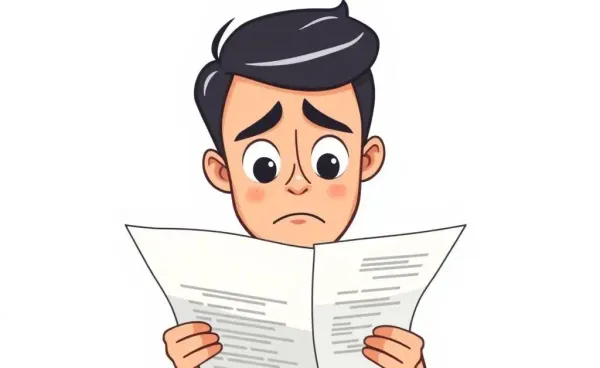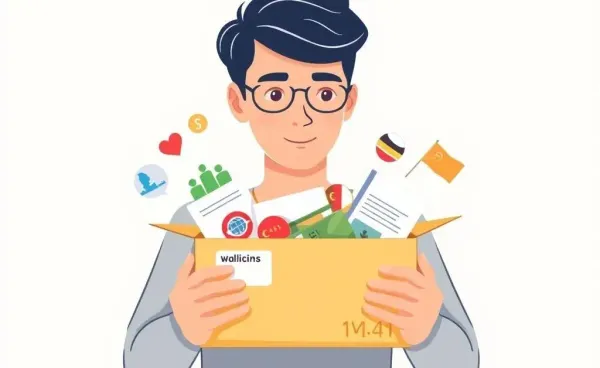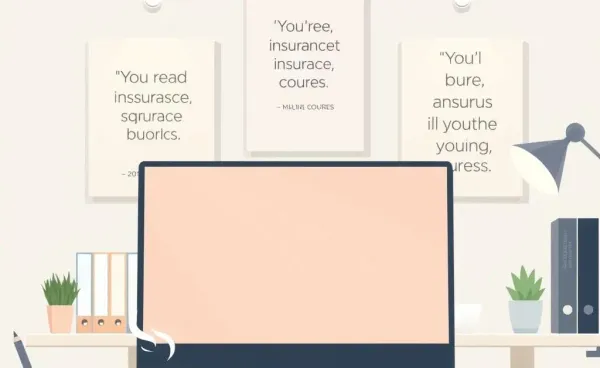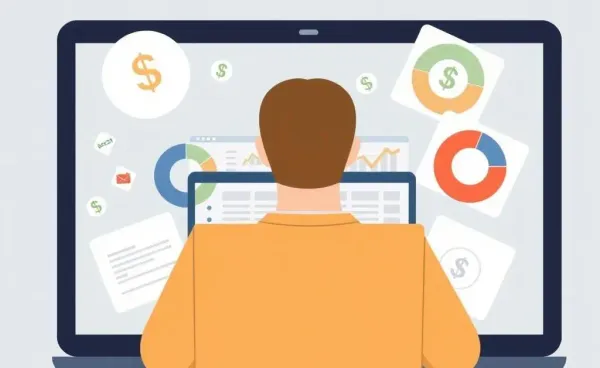Is It Time to Trade In Your Paid-Off Car? Let's Weigh the Pros and Cons
Explore whether replacing a paid-off car makes sense for you. Dive into the benefits and downsides to make an informed decision.

We've all faced that moment of contemplation: You're driving your trusty old car, which is fully paid off, and a shiny new model catches your eye. Suddenly, the thought pops up—should I upgrade my car? It might seem like a simple yes-or-no question, but there are multiple factors at play.
Why Keep Your Paid-Off Car?
Let's start with why keeping your paid-off vehicle might be the better idea:
- No Monthly Payments: The absence of monthly payments cannot be overstressed. Who doesn't want a little extra cushion in their budget?
- Lower Insurance Costs: Older cars generally mean lower insurance premiums. A new car often comes with higher rates due to its value.
- Less Depreciation: Your old car has already gone through most of its depreciation. New cars lose value the moment they leave the dealership.
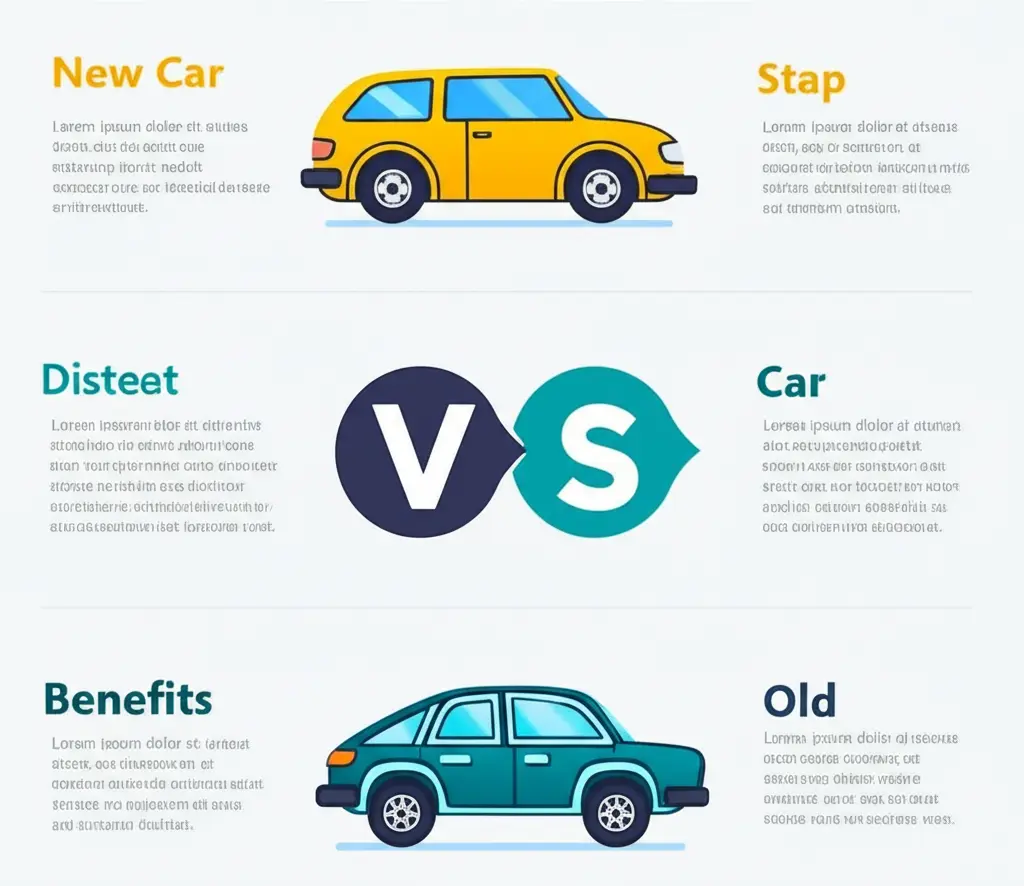
When It's Worth Considering a New Car
On the flip side, there are undeniably some benefits to getting a new car:
- Reliability and Safety: A newer model often means improved safety features and less worry about breakdowns—pretty appealing, right?
- Fuel Efficiency: New cars typically boast better fuel efficiency, which isn't just good for your wallet, but also the planet.
- Warranty Coverage: A new car usually comes with a manufacturer warranty, reducing your out-of-pocket repair costs for the first few years.
While new cars have their perks, don't forget about increased costs like insurance premiums and possibly requiring a loan with added interest.
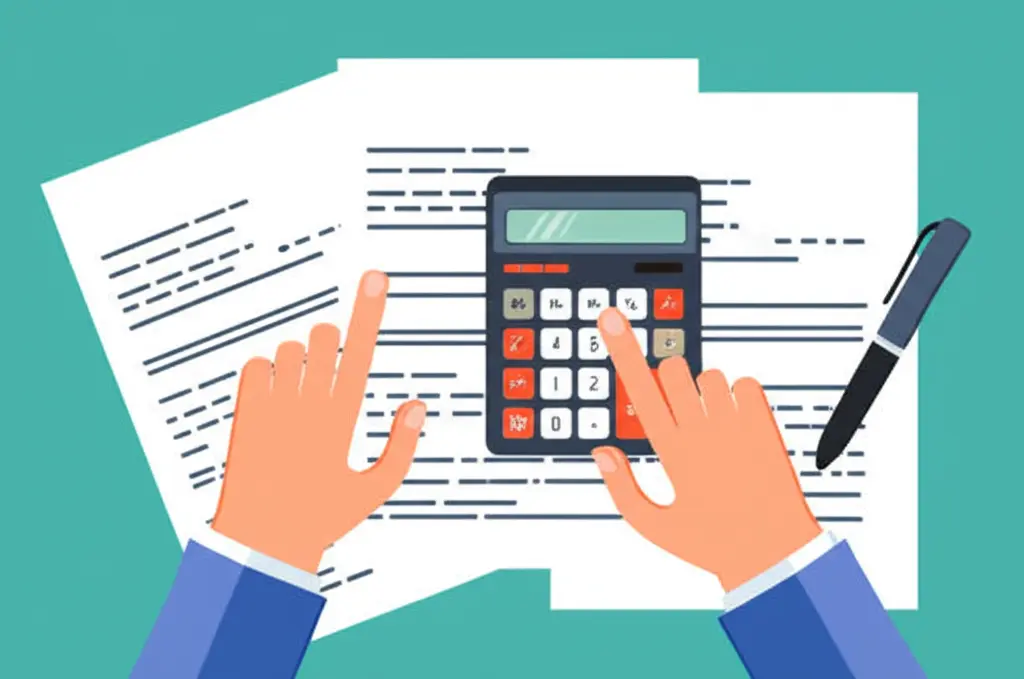
Practical Steps Before Deciding
Before making a big decision like this, a few practical steps can help you weigh your options:
Calculate Total Cost of Ownership
Include insurance, potential repairs, and how much a new purchase adds to your monthly expenses. Tools like this Kelley Blue Book Total Cost of Ownership calculator can be incredibly helpful.)
Evaluate Your Transportation Needs
Are you driving more or less, or perhaps in a different kind of terrain? A new car might only be necessary if your needs have drastically changed.
Plan for the Long Term
Think about how long you're planning to keep this car. If it's a stopgap for a few years, leasing might also be an option to consider.

Final Thoughts
In the end, whether to keep your old reliable car or splurge on a new ride is a deeply personal decision. It boils down to weighing your financial situation against your daily car needs—so, is it about penny-pinching or delighting in that 'new car smell'?
So, what's your take on keeping versus upgrading? I'd love to hear your thoughts—conversations like these lead to the best decisions!

